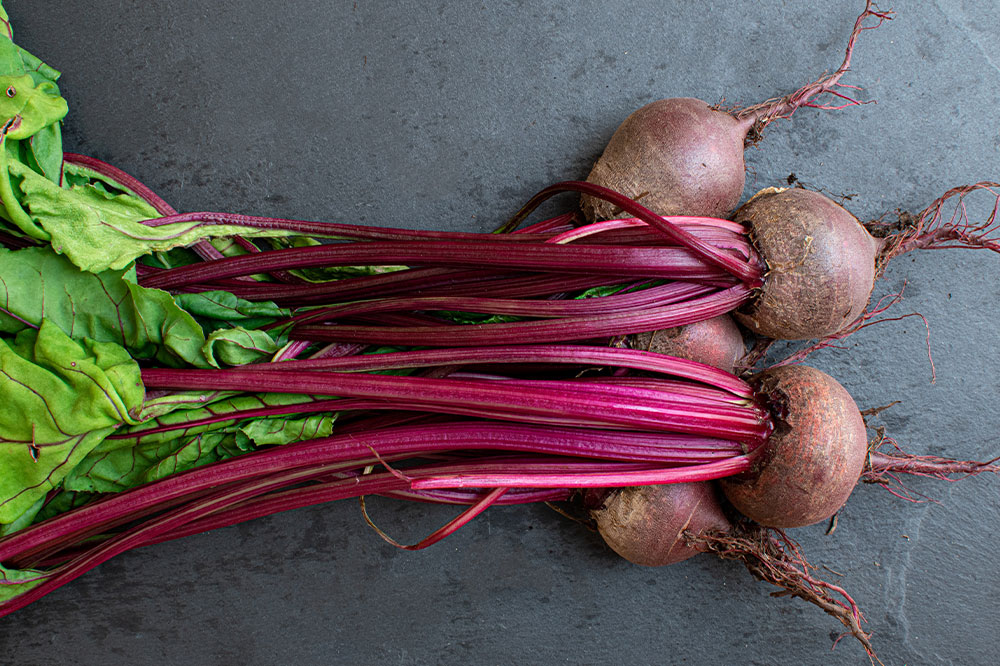Key Nutrients for Lung Wellness and Respiratory Defense
This article highlights key nutrients and foods that promote lung health and help manage respiratory diseases such as MAC. It emphasizes the roles of omega-3 fatty acids, vitamin A, antioxidants, healthy oils, and cruciferous vegetables in strengthening lung function, reducing inflammation, and supporting recovery. Incorporating these nutrient-rich foods into your diet can provide essential support for respiratory health and disease prevention.

Key Nutrients for Lung Wellness and Respiratory Defense
Lung diseases, including MAC infection caused by Mycobacterium avium complex, are uncommon but can significantly impact health, occurring in about 1 in 100,000 individuals annually. Symptoms may include fatigue, fever, weight changes, breathing difficulties, anemia, and abdominal pain. Proper nutrition is crucial in managing these symptoms. Including specific foods in your diet can support lung health and promote recovery. Here are five essential foods to boost respiratory health and aid in disease management.
Fatty Fish
Rich in omega-3 fatty acids, fish like salmon, mackerel, sardines, and herring have anti-inflammatory effects that benefit lung function. Omega-3s help reduce inflammation caused by infections, potentially slowing disease progression.
Apricots
High in vitamin A, apricots help strengthen the respiratory tract lining and reduce infection severity. Other sources include beef liver, cod liver oil, carrots, spinach, broccoli, and red peppers—great for maintaining healthy lungs.
Healthy Fats
Olive oil, rich in vitamin E (alpha-tocopherol), supports optimal lung function. Nuts and seeds such as sunflower seeds, hazelnuts, pine nuts, and sesame seeds are also beneficial. It's best to limit oils high in gamma-tocopherol, like soybean oil, which may negatively affect lung health.
Antioxidant Power Berries
Blueberries, strawberries, acai, and grapes contain antioxidants that fight free radicals, aiding in cell repair and minimizing lung tissue damage from infections like MAC.
Cruciferous Vegetables
Broccoli contains sulforaphane, which activates protective enzymes such as Nramp1 and HO-1, helping combat lung infections and inflammation. Vegetables like kale, cauliflower, cabbage, and Brussels sprouts offer similar benefits.


